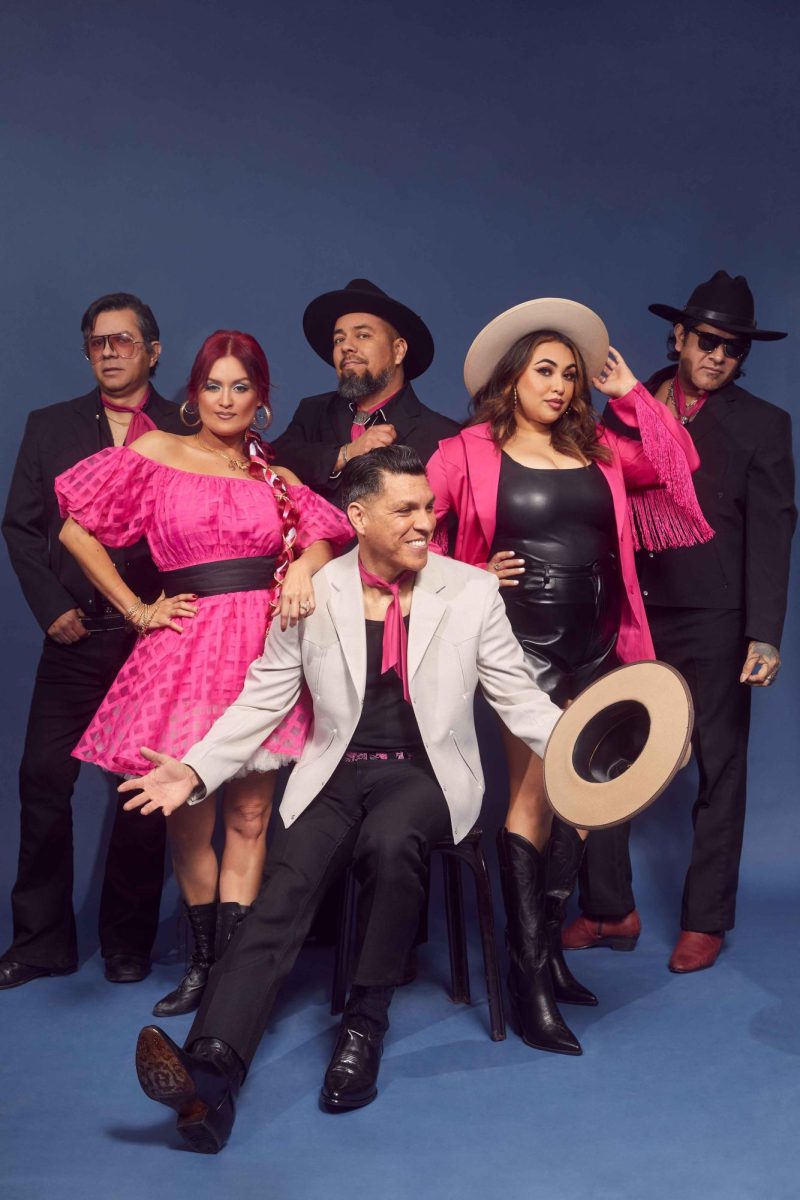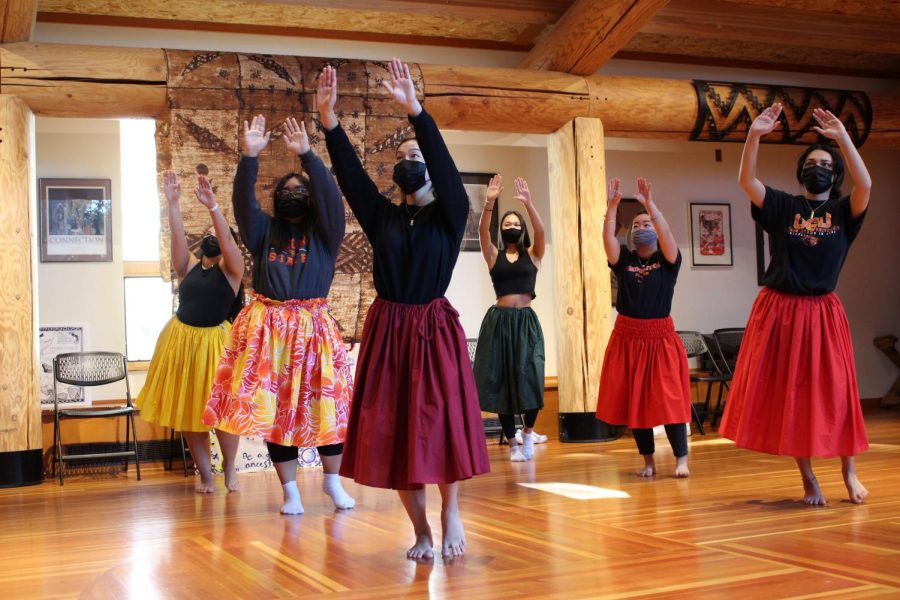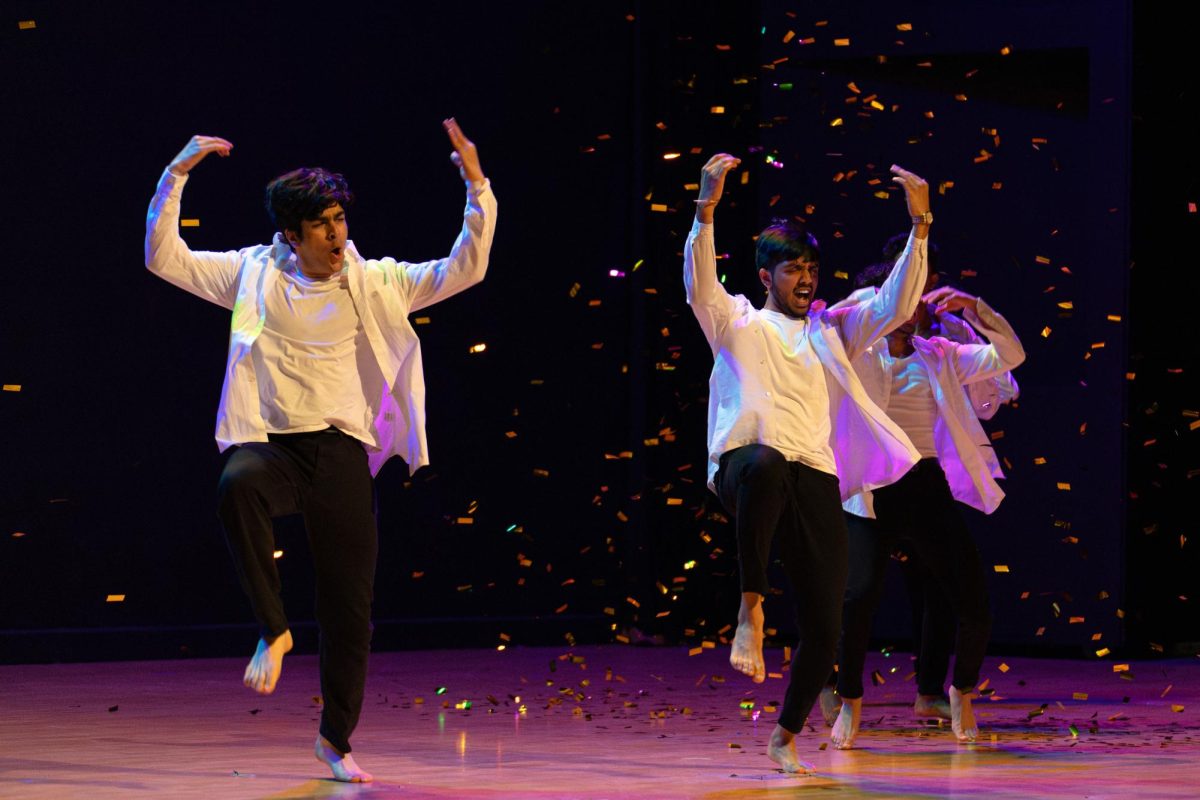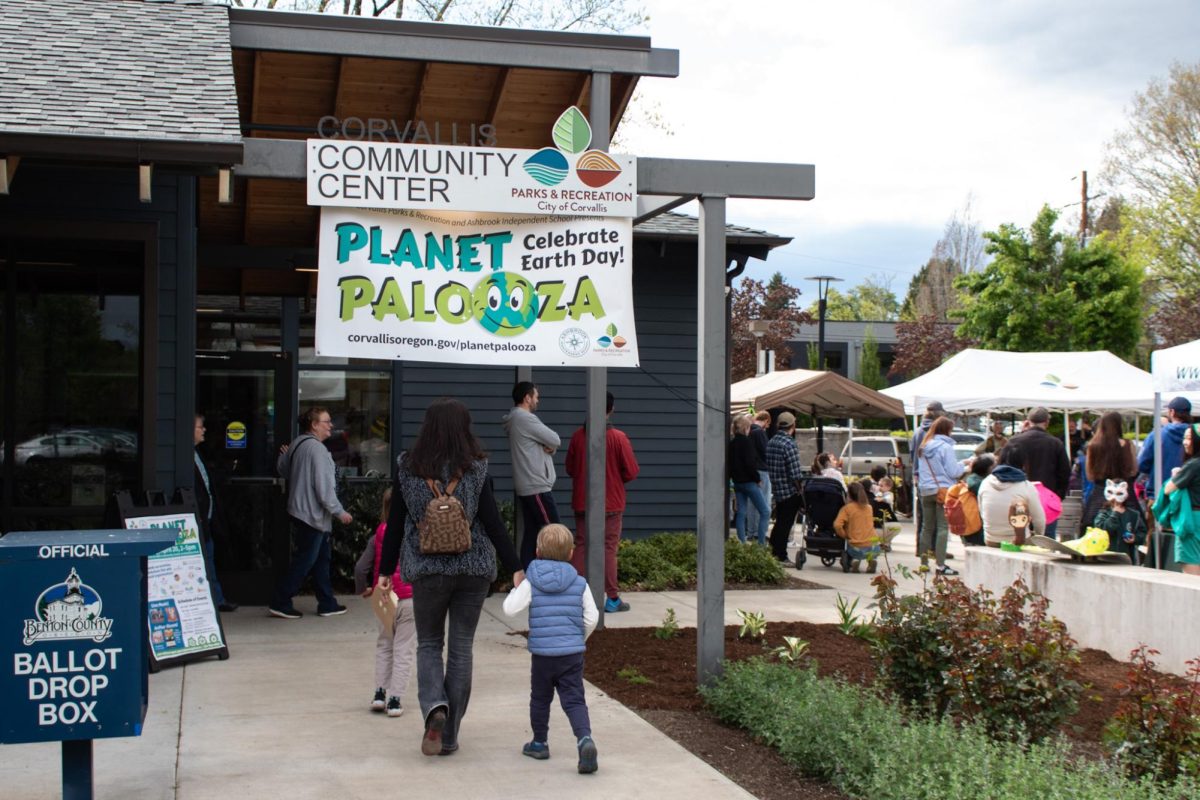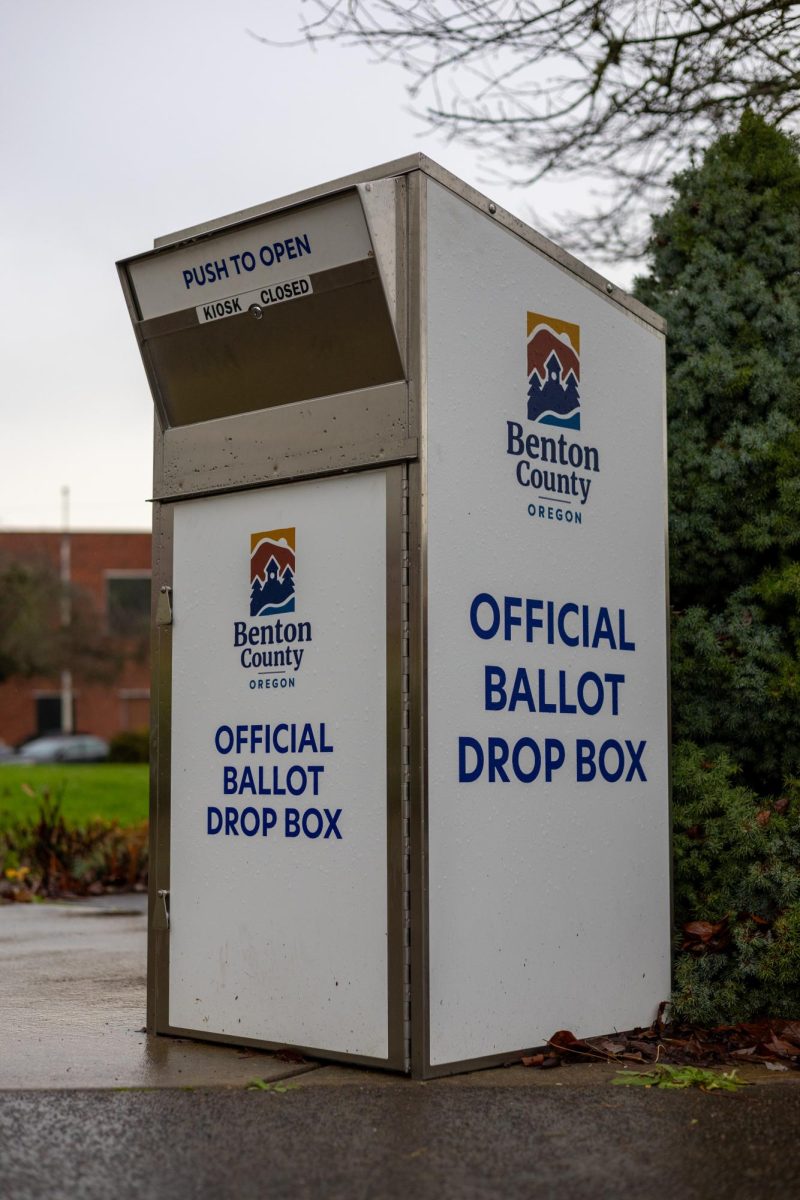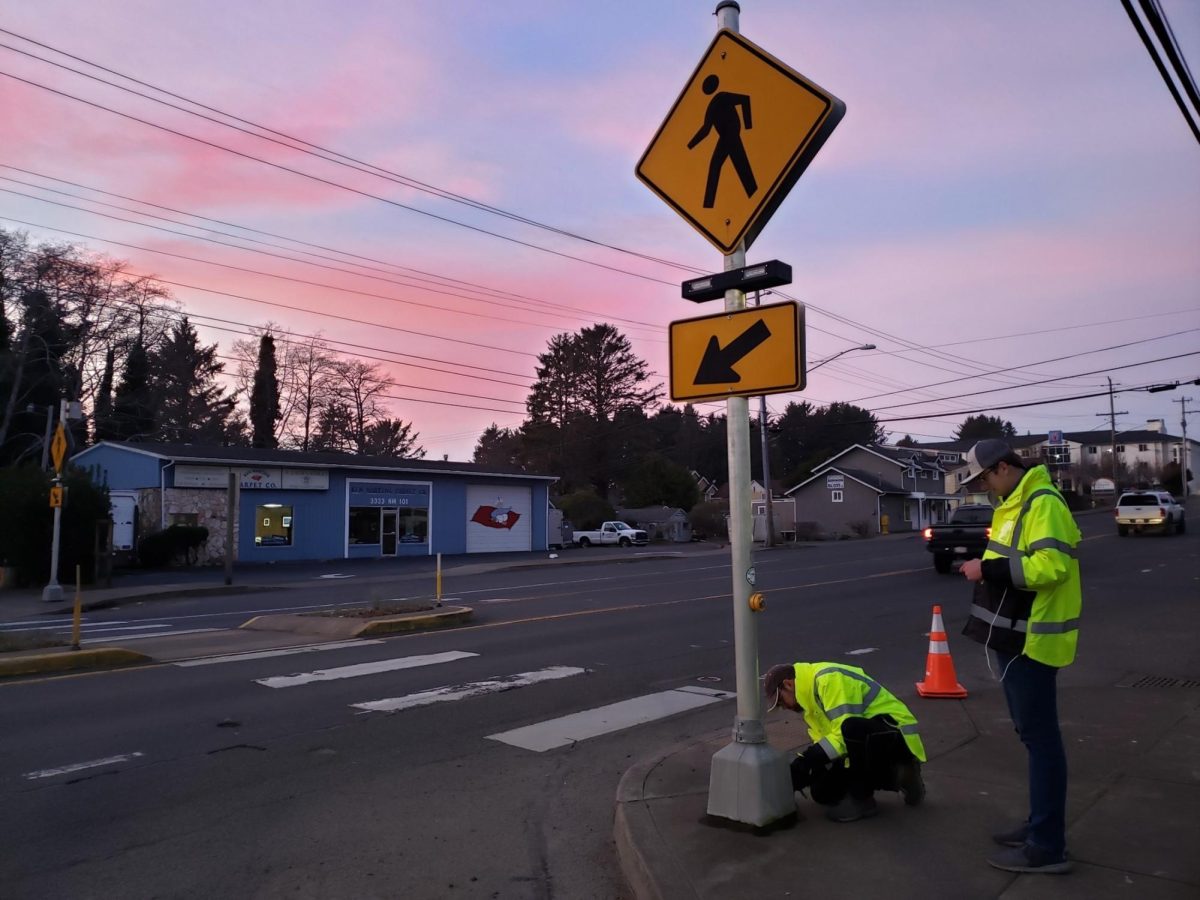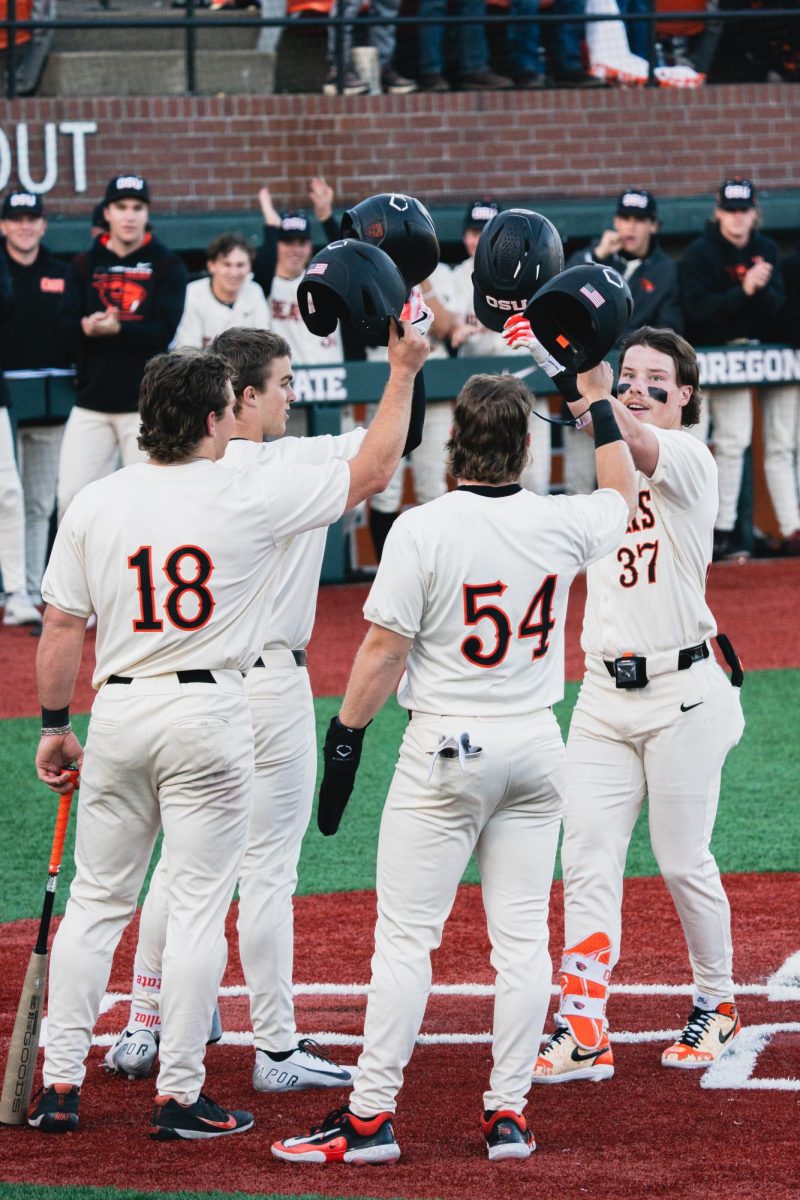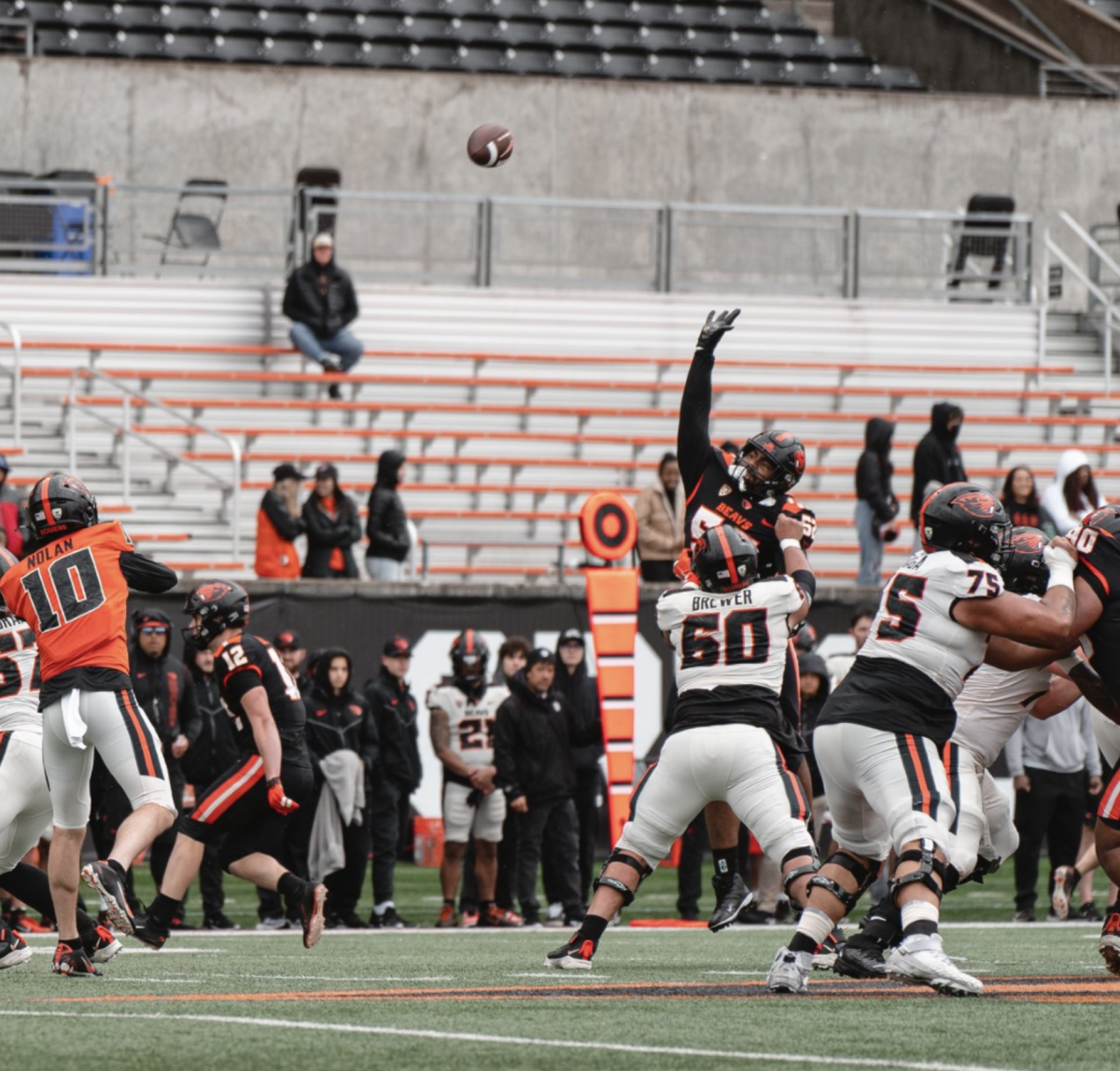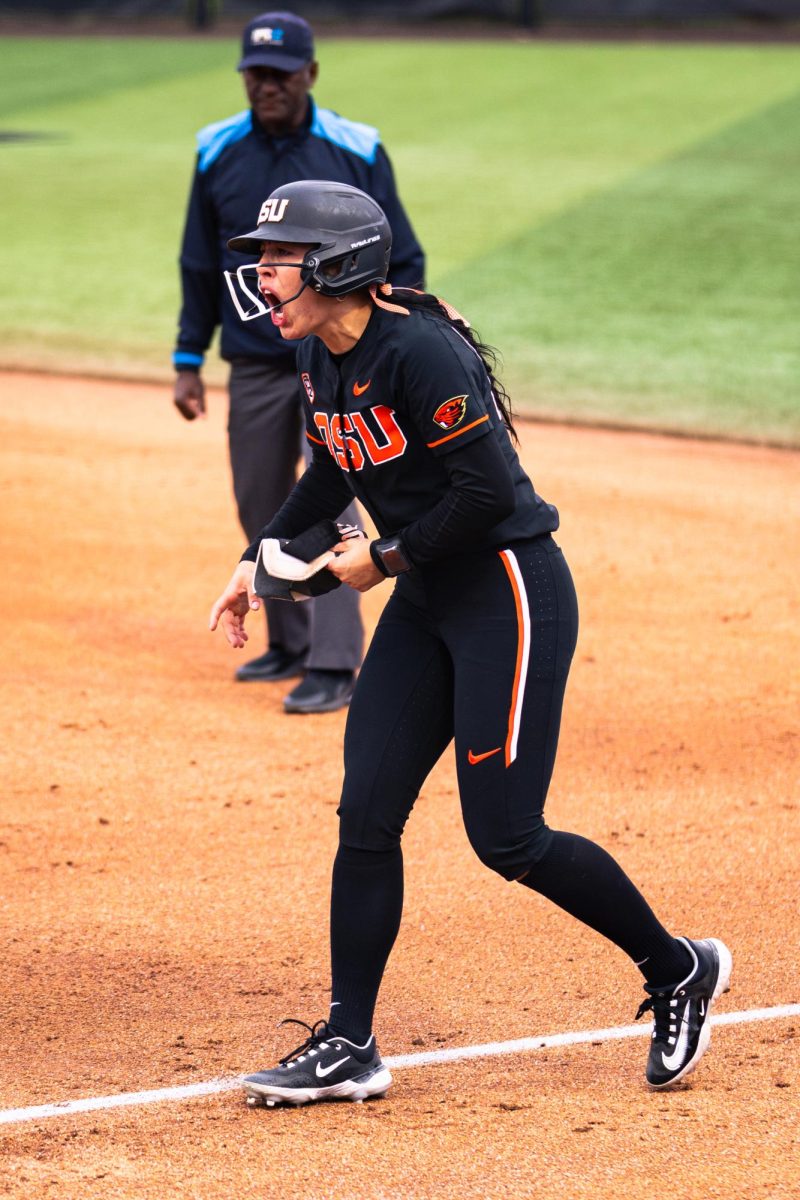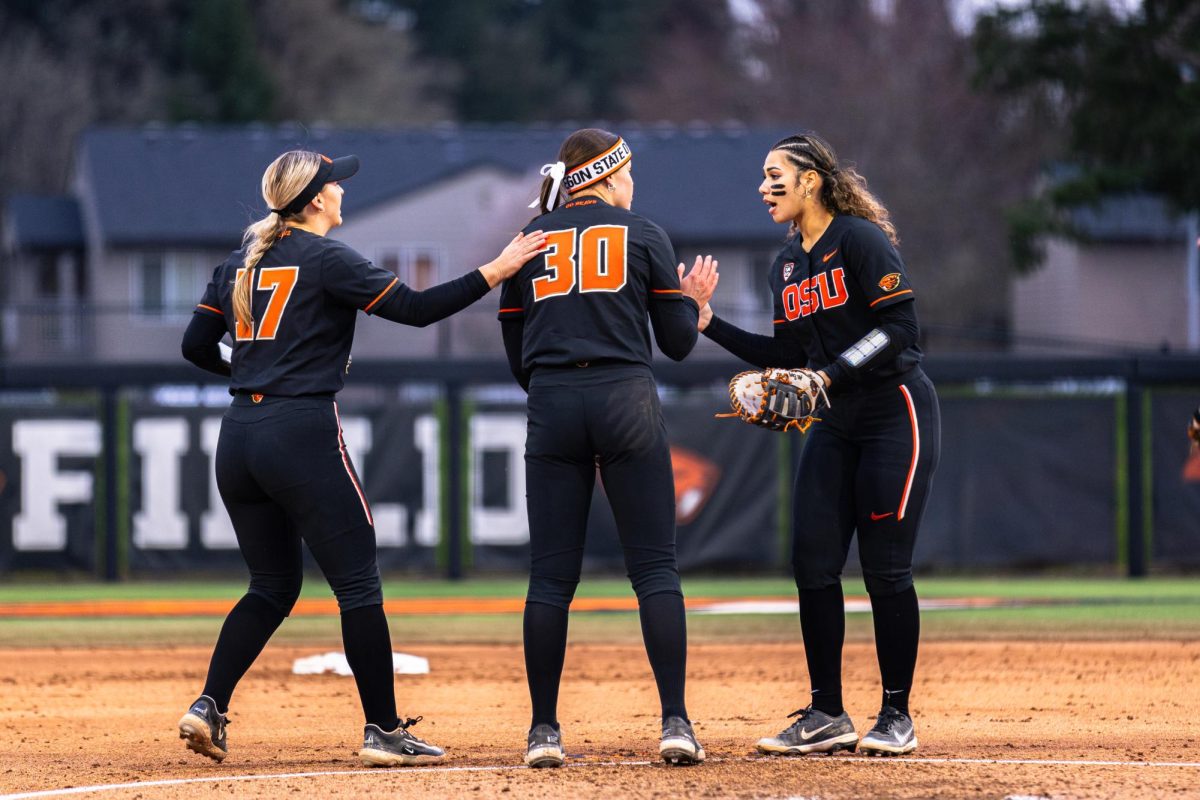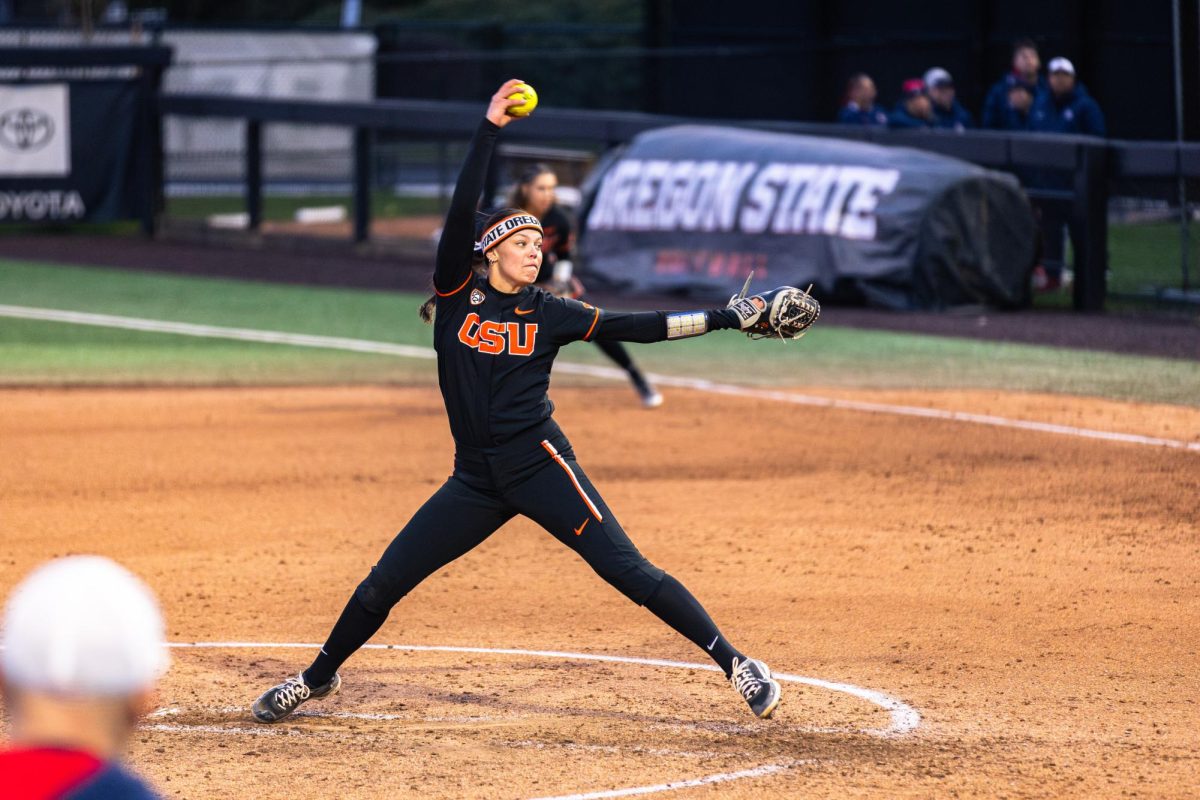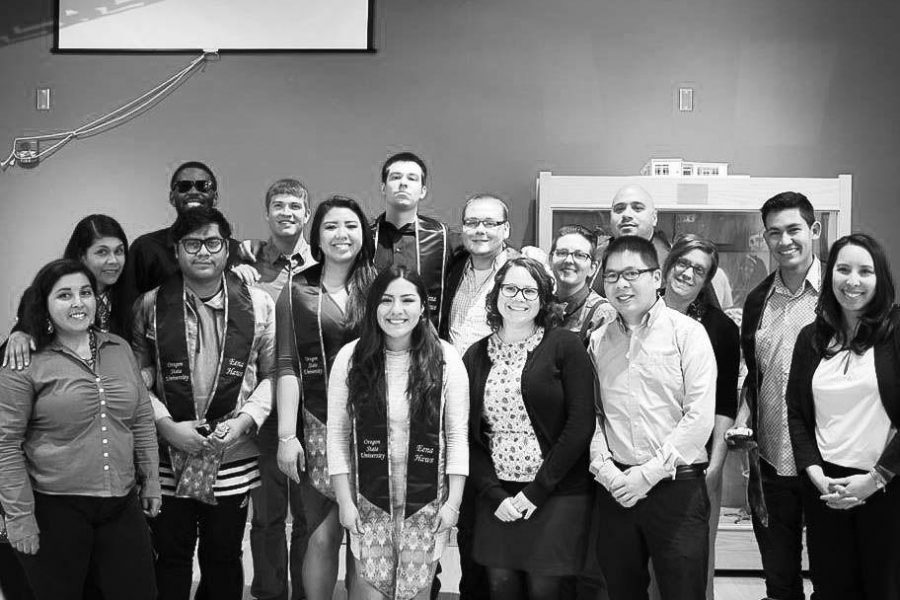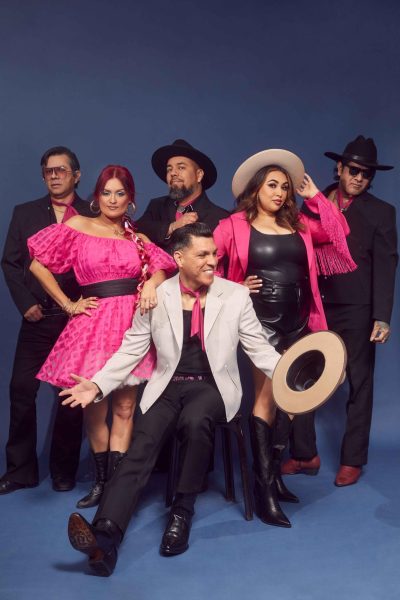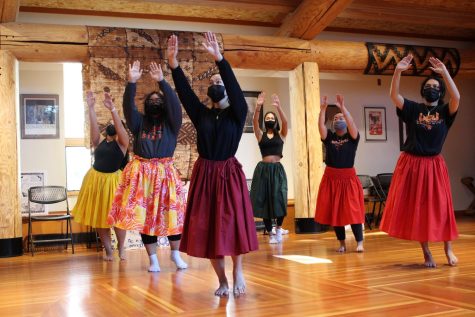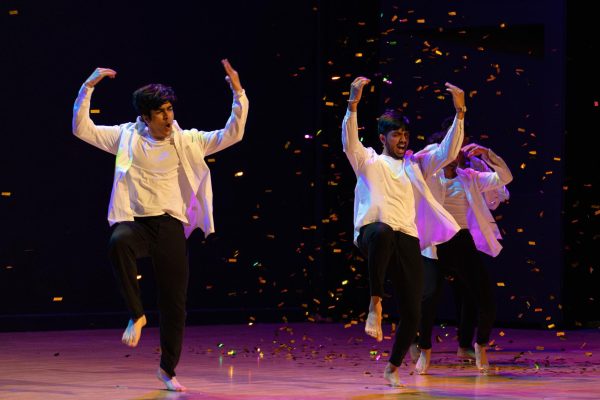Alternative commencements celebrate unique journeys
June 11, 2018
Every spring, cultural resource centers at Oregon State University recognize their graduating students’ unique journeys through college with special events and celebrations.
Assistant Director for the Native American Longhouse Eena Haws, Luhui Whitebear, explained that it is necessary to have these community-based celebrations alongside the larger OSU commencement so students have culturally relevant ways to celebrate this milestone.
“Nationally, the number of Indigenous students obtaining a higher education is not high, which is also reflected at OSU,” Whitebear said in email. “Each Indigenous student that completes their degree here at OSU helps shift this national narrative. The NAL Eena Haws is proud of all the Indigenous students who have taken the step to seek out a collegiate degree.”
Every year the NAL Eena Haws brings families and friends together the day before OSU’s commencement ceremony for the Native Graduation Celebration. During the event, like the larger ceremony, names will be announced along with the degrees the student has earned.
These ceremonies allow communities to bring together the people that were most meaningful in each student’s experience at OSU, said Cindy Konrad, the assistant director of the Pride Center.
“The students that our centers represent face unique challenges and have a different journey than their peers, who don’t share their identities, might not face,” Konrad said. “Our celebrations are able to recognize those experiences and those unique challenges and really celebrate what it means to be part of a group and have an identity that makes it statistically more difficult for you to graduate from college.”
The Pride Center, which serves students in the LGBTQ community, holds the Lavender Celebration each year for their graduating students, Konrad said. This celebration was inspired by a similar event held by the LGBT Center at the University of Michigan in the mid-1990s. While the ceremony takes many forms on different college campuses, OSU tries to make it special for each student.
“One of the traditions we have is that when you graduate you have someone who knows you really, really well speak for you and talk about your experiences,” Konrad said. “Sometimes it is a parent, friend, partner or professor, but it is always someone that the student developed a really close bond with.”
Every year the Lonnie B. Harris Black Cultural Center hosts the Outstanding Black Graduation Ceremony the Friday before the main OSU commencement ceremony. Terrance Harris, the director of the center, said the event celebrates students of African-American or African descent and will include guest speakers, performances, student spotlights and catering.
Harris said that graduation is his favorite time of the year and is a monumental event for students and should be shared and celebrated.
“This is just an opportunity to be recognized,” Harris said. “When you are black it is something that has so much joy and pride in the event because culturally, it was already a challenge to get to school and historically not be afforded the opportunity to attend college because higher education was not created for people of color, especially African-Americans.”
The ¡Si Se Pudo! Graduation Celebration is the 16th annual graduation event that the Centro Cultural César Chávez will be holding at OSU. Assistant Director of the CCCC, Kevin Santos Flores, said these ceremonies give a more personal experience for some of the students than the OSU main commencement, acknowledging achievement within a tighter-knit group.
While many of the cultural centers will host their alternative commencement ceremonies, some centers do not have formal events for graduating students. According to Whitney Archer, the assistant director of the Women’s Center, the center does not host their own affinity celebration. Ettihad Cultural Center Supervisor Amarah Khan noted the ECC does not have a commencement event besides
the main ceremony.
The Asian & Pacific Cultural Center already held the Asian and Pacific Islander End of the Year Celebration June 1 in the Memorial Union lounge. Abby Pasion and Lita Pakola, student success peer facilitators at the APCC, were the coordinators for this year’s event.
“The APCC has put on the celebration since the early 2000s, which originally started as a small dinner reception at the original APCC location with graduating students from the community, under Sandy Tsuneyoshi’s coordination,” Pasion said.
This year’s API End of Year Celebration consisted of a dinner, presentation of gifts to the graduates and ended with recognition to the clubs and student orgnizations under the API council. Every celebration is unique depending on the organizers that year.
“Some years we may invite a member of OSU faculty or administration to give a keynote speech,” Pasion said. “In 2013, we started a new tradition of honoring a student with the Dr. Janet S. Nishihara Award for Community Building. The award is presented to a student of our community, either graduating or not, who has been very involved with the APCC and fostering community building and selfless action for the betterment of the community.”
Pakola said it is important for each cultural center on campus to have their own ceremonies along with OSU’s commencement ceremony because it allows students who are part of these underrepresented communities to be honored in a place and setting with people that they’re comfortable with and can relate to.
“Graduating from any college is a huge accomplishment, so it’s important that graduates receive the recognition that they deserve,” Pakola said.

